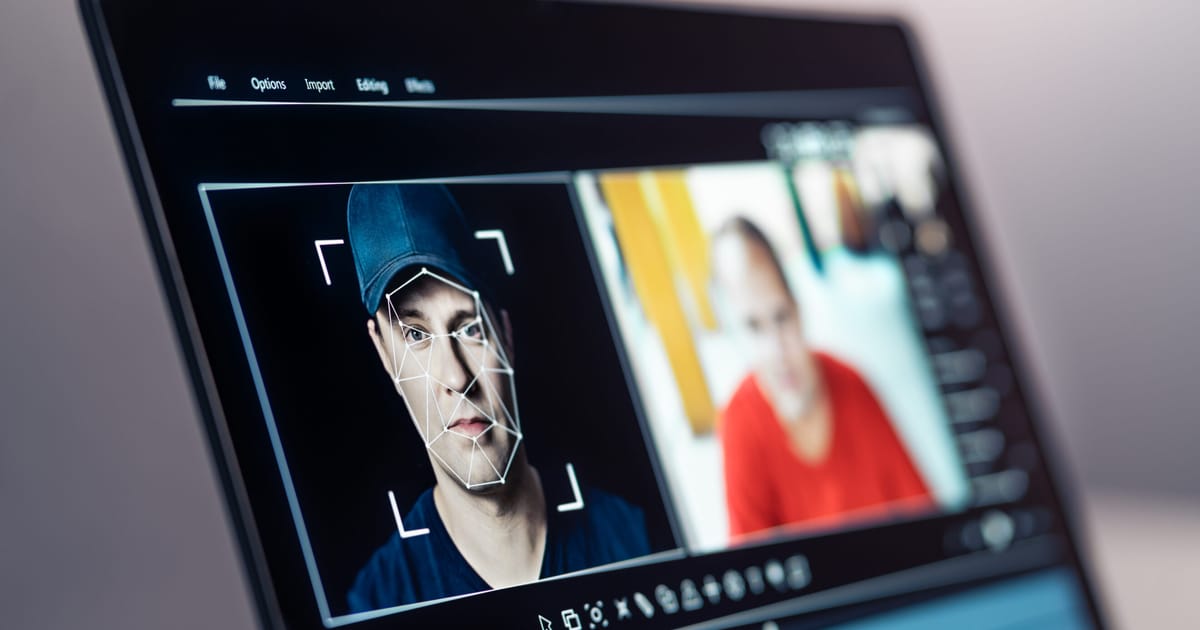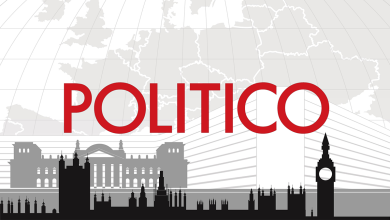EU political parties promise to steer clear of deepfakes ahead of election – POLITICO

The pledge comes amid concerns about foreign interference through disinformation campaigns and cyberattacks. Videos, photos and audio files generated by widely available artificial intelligence tools to impersonate public figures, including politicians, have started to spread in Slovakia, the United Kingdom and the United States to manipulate voters. Parties in France and Poland have also used the technology to attack other politicians.
“This agreement will help to strengthen voters’ confidence and increase their confidence in the electoral process,” said Commission Vice-President Věra Jourová. “Elections should pave the way for the competition of ideas, not dirty methods of manipulation such as AI deepfakes.”
The parties agreed not to produce, use or disseminate “any form of misleading content using audio, images or video and generated with or without artificial intelligence to falsely or misleadingly alter or falsify candidate officials or any electoral stakeholder.” Such content will only be permitted if it is clearly labeled. Techniques such as watermarks and technical imprints, called provenance signals, are encouraged.
Platforms like Facebook, YouTube and TikTok must ensure that political ads and AI deepfakes are clearly labeled under the EU’s new content moderation law, the Digital Services Act.
Companies including Google, Meta, owner of Facebook, and OpenAI, creator of ChatGPT, also agreed in February to work together to create tools such as watermarks and detection techniques to spot, label and debunk deepfakes.
Among the charter’s 14 other voluntary commitments are a pledge not to use fake accounts and bots to amplify political messages, and not to disclose political advertisements, including through influencers. European political parties also promised not to promote content inciting violence, including against other candidates, nor to broadcast discriminatory messages.
Politices





